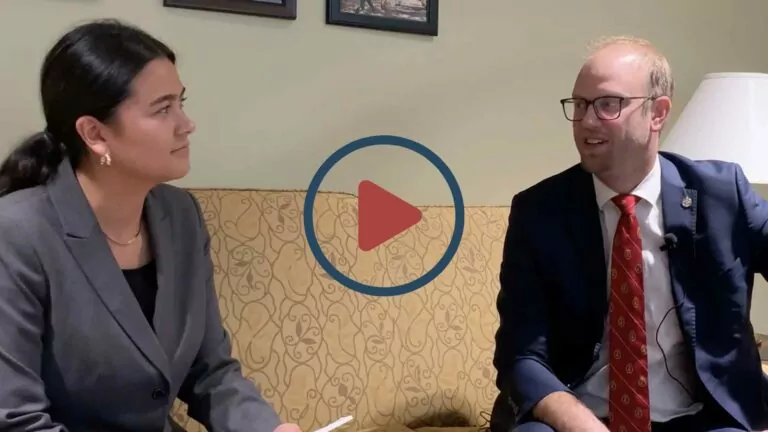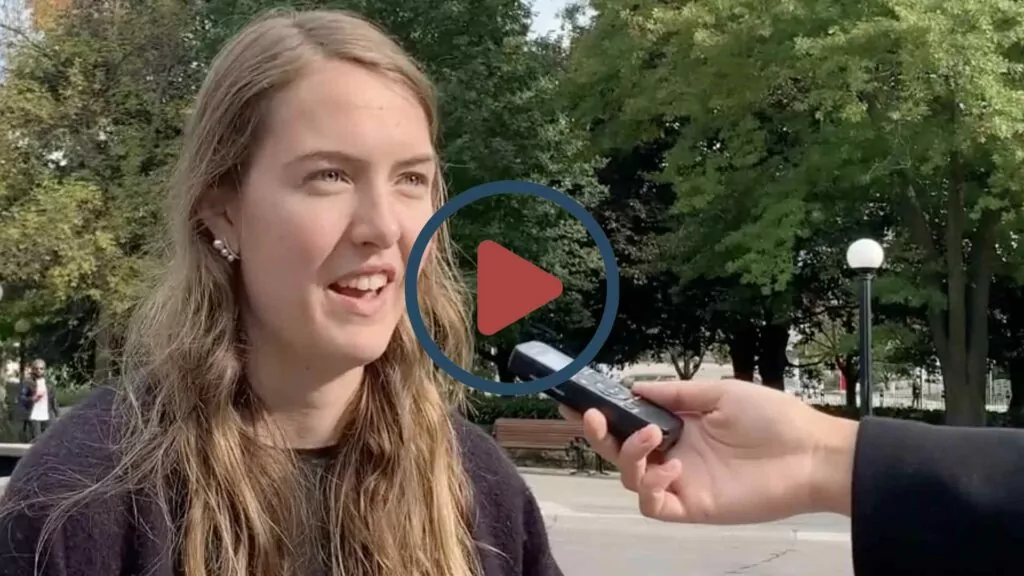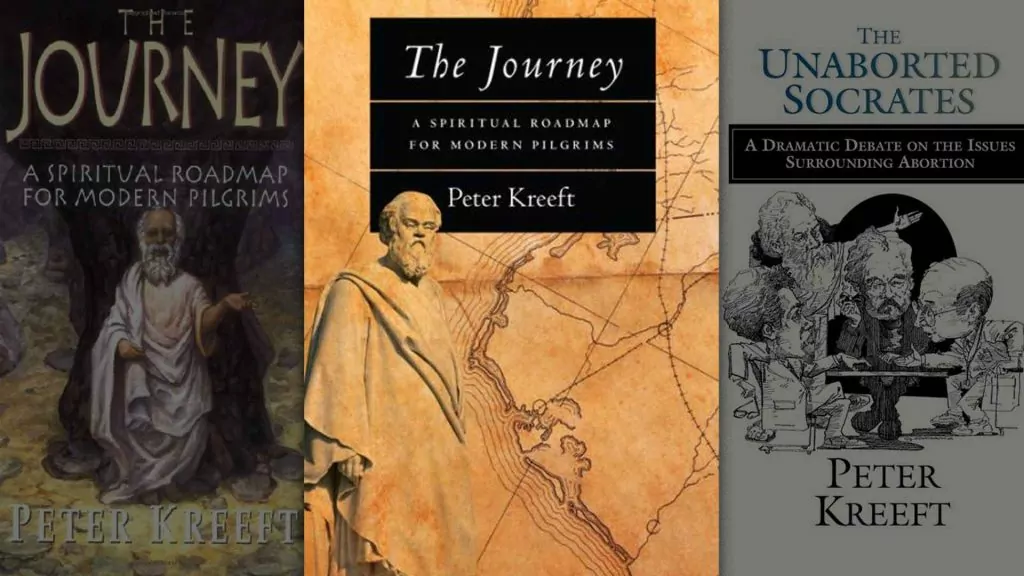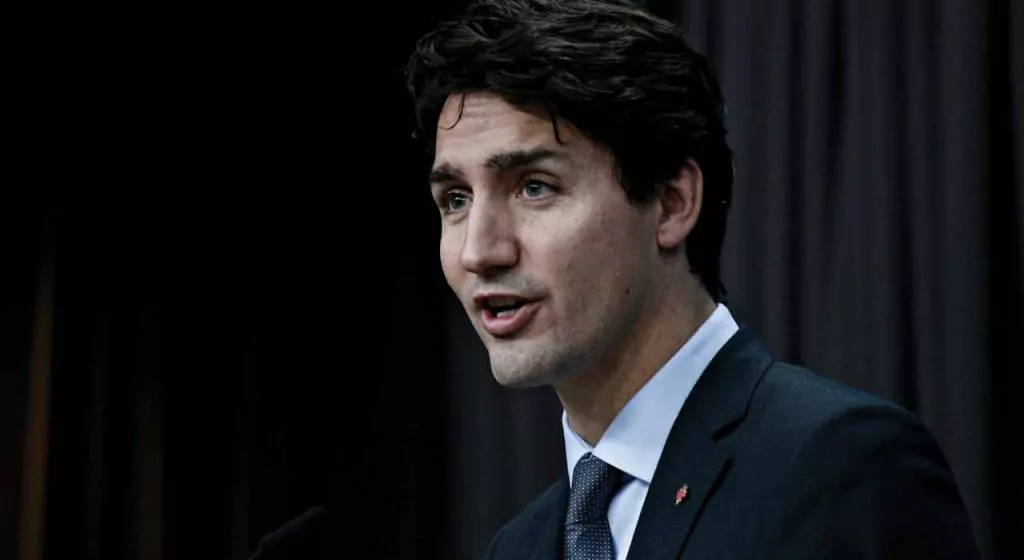OVERVIEW
1:05 – Beginnings with local ARPA chapter
3;30 – Why don’t you do it, Arnold?
4:09 – Why learning French isn’t always a bad idea
5:05 – Three reasons Viersen ran
5:48 – Private Member’s Bill on pornography
8:01 – Mindgeek, the Canadian pornography company
9:53 – On protecting children online
12:23 – Ways to fight pornography and human trafficking
14:21 – Christian worldview as a launching pad
TRANSCRIPT
Welcome to Reformed Perspective; I’m Alexandra Ellison.
In today’s video, I had the privilege of sitting down with a dedicated Member of Parliament who has been actively using his Christian worldview to champion the cause of human dignity. Arnold Viersen is the Member of Parliament for Peace River-Westlock in northern Alberta
Today, let’s learn more about how he got into politics and what he is currently doing to combat online pornography.
So, to start off, could you introduce yourself and just talk about how you got into politics.
Arnold Viersen: Well, thanks for interviewing me. My name is Arnold Viersen. I’m the Member of Parliament for Peace River-Westlock, which is a big chunk of Northern Alberta. I mostly just say Northern Alberta, because… several European countries are smaller than that. I’m married. I’ve got six kids – my oldest is 11, the youngest is two and we’re expecting one in February, so it’s exciting.
How did I get involved in politics? It was through an organization called ARPA Canada. There was a guy named Mark Penninga – you might have heard of him before – and he came to Edmonton I think back in 2010, just before I got married. There was a notice in the church bulletin – organization called ARPA, a guy named Mark Penninga, be here on Wednesday night, kind of thing – and so I convinced my brother-in-law to drive with me. It was about 50 kilometers to church, so it was a bit of a drive. I said, hey we should go to this thing, And he says, “Well, what is it?” I said that’s what [this meeting] is for, to tell us what this is. So we showed up and four other people showed up so there was six of us that showed up to this event. Mark was telling us how he wanted to set up local ARPA chapters all across the the country, and that a local board was, he was kind of hoping for seven people to be on these boards and seeing as there was six of us there, he just kind of told us that we were now the ARPA board for that area. So that was back in 2010 I became a local board member with ARPA.
Then I moved to Neerlandia, Alberta – that’s where I’m born and raised – and I moved back there, bought a house there. I got married and joined the local ARPA board in in Neerlandia. I was involved with organizing a God and Government [conference] in Alberta, and then the following year we organized it for Ottawa. ARPA’s big thing was “get to know your Member of Parliament so that you can have some influence with them” and so I went there and got to know my Member of Parliament.
Then in 2013, where I lived became a brand new riding. There was no incumbent, there was no Member of Parliament at all. I thought, Well, rather than waiting to get to know my Member of Parliament, if I work hard to elect somebody then I’ll know them before they get elected and I’ll probably have more influence. So starting in 2013, I started going around asking my friends if they thought they should be Members of Parliament – three friends in particular I talked to, and one was like, “Wait a minute, I’ve got six kids; I can’t do that.” The other one was “I’ve just started a new business here; I can’t take my foot off it.” And the third just thought it was crazy. But all all of them said. “Hey Arnold, if you think it’s such a good idea, why don’t you do it?”
So I was 27 at the time. I didn’t think 27-year-olds were old enough to be Members of Parliament, but turns out there’s only three requirements for being a Member of Parliament – be a Canadian citizen, be 18 years old, and get the most votes – so that put me on the path to running in the nomination for the Conservative Party of Canada, and running to be the Member of Parliament. The Reformed community came out very strong in support of me, in the nomination in particular – that was a really important piece that led me on the path to doing this.
People always say, “Did you dream of this your whole life?” and, definitely not. I remember Mr. Wielinga in grade seven trying to teach me French and I said, “Why are you teaching me French? Probably Dutch would be a better language to learn than French, seeing as I could probably use that more.” And he said, “Well, you never know, you might work in the Parliament building one day.” And I said to him, “Fat chance of that happening!” He came back – he lives in South Africa now – he came back a couple years ago and walked to my office and said, “Fat chance of that happening, Arnold!” So, it wasn’t something that was on my radar, prior to 2013.
That’s really interesting to hear how God puts different people in your life to lead you down a different path. So over your years in politics, you’ve worked on many issues upholding human dignity. Why has this been so important to you?
Arnold Viersen: So when I ran in the nomination, there was three things that motivated me to get involved in politics. One was the defense of Alberta. I generally find that the rest of the country doesn’t understand Alberta, and also generally is trying to shut down all the things that were we’re trying to do – so that was one of the things. I’m a firearms owner and I also find that the country is pretty hard on firearms owners so I wanted to defend firearms owners. And the unborn or pre-born – that was another motivator for me. In Canada there’s no protection, there’s no law for the pre-born so I wanted to get involved in politics to defend the pre-born.
That has branched out into probably more of just a defense of human dignity. Back in 2015, right after I got elected, I had the opportunity to do a Private Member’s Bill, and everybody in the whole country shows up with ideas for a Private Member’s Bill. Seeing as you get to make the decision on what that is, I just started writing a list. And there’s a guy named Mark Penninga again – a character that reappears in my story of politics often – I just remember I had narrowed it down to 12 items that I was interested in. I remember going through it with him, and his criteria for whether it should be a go or no go was how many other MPs would do it. If the issue had wide support and other MPs would probably do it, he said “Arnold, you don’t have to do that one; somebody else will do it.”
So that’s how I came to the issue of combating pornography in Canadian society – we eventually settled on doing a private member’s motion on the impacts of pornography on Canadian society. That has basically drawn together a whole bunch of groups from across the country that care about that issue, and human trafficking and prostitution. That area, that’s kind of been my niche in the world of politics. So I’m a Conservative Member of Parliament – I fight alongside my Conservative colleagues, and then my kind of special thing that I bring to that Conservative movement is the combatting of human trafficking, prostitution, and pornography. And this seems to be fairly well accepted within the Conservative movement and I’m able to get some some action happening on it in other parties as well.
Focusing in a little bit, I’ve seen a lot of kind of campaigning for online safety of children. Would you be able to expand on that, and introduce what is is Mindgeek for people who don’t know about that.
Arnold Viersen: Mindgeek’s a company that owns a whole host of websites in the world. They’re based in Montreal, Canada, so they are a Canadian company. They claim that they own 80% of the pornography in the world, and I don’t have any reason to doubt that either. Their ownership structure is really murky. We’re never quite sure who’s in charge and who owns it. We do know that they make a lot of money, despite it being a private company so their [records] are not publicly available. But they brag about how much money they make, which is approaching a billion dollars a year.
They’ve gotten into hot water – we’ve kind of been pushing this – in that they have no controls on who is viewing pornography, but also who is showing up on their site. In Canada there’s non-consensual images laws; there’s underage images laws; all this kind of stuff. But Mindgeek doesn’t seem to care about the law, and they just want to make a lot of money. They have a big office building in Montreal; I’ve been out there protesting outside of their office building in Montreal. They are two main executives that we know of, based in the Montreal area, so this is a particularly Canadian story, although the ramifications of their actions are felt all across the world.
I know that you’ve been working on legislation and also working on spreading this message. What do you see the future of protecting children online? What do you hope to get?
Arnold Viersen: While my private member’s motion way back in 2015/16, kind of opened the door to this discussion, I’ve seen of other countries – France, Germany, the UK, Australia, and then states like California, Utah – have all really been grappling with this as well. While we got accolades in Canada early on for starting to tackle this, other countries have very much leapfrogged us. There’s some good stuff happening in terms of age verification of those that are using pornography, and then also of those showing up in pornography, that’s kind of happening all around the world.
It’s branching out a little bit beyond that, to child safety online becoming more of a much broader topic than just pornography use. It’s about, what are the impacts of social media, why are our children more depressed and more sad and participating in other socially detrimental activities? Instagram for example – their own internal documentation showed that one of their notification features was causing suicides in 12-year-old girls. So this whole online safety world and regulation is growing. While I started in this fight around the pornography issue and keeping porn out of the hands of kids and keeping kids out of porn, it’s broadening out from there into this whole online safety world. I liken it to traffic laws. When the car was first invented, it was cars and horses and buggies and there were no laws around how the roads work. We’ve made decisions on which side of the road to drive on; we’ve made decisions about painting lines on the roads, and the lights on the roads, and what the lights mean, and putting guardrails, and all this kind of stuff. So we’re likely going to proceed down a similar path when it comes to the use of the Internet.
For a lot of the audience, they’re very passionate about these issues but they’re not necessarily sure kind of where to start on, you know, wanting to get involved; how can people get involved?
Arnold Viersen: Well first, the biggest thing is, just quit looking at porn. That’s a big challenge. In Canadian society we know from the stats 85% of the population is participating in the use of porn. So [stop looking is] the most impactful. I would say it’s the simplest; it’s not necessarily the easiest but it’s the simplest.
Beyond that there’s local organizations that are fighting human trafficking in your local area. Human trafficking happens within 10 blocks or 10 minutes of where you live. There’s likely an organization in your community that’s already participating in the fight against human trafficking, sheltering the victims of human trafficking, that sort of thing. If you want to get involved politically, there’s huge opportunities for all of these things municipally, provincially, and federally. Municipally, you have the licensing of body rub parlors, that kind of thing. That all municipal. Libraries, what kind of content is available on library computers, that kind of thing, that’s all municipal. Provincial, you have the education system – how do we train our children to identify victims of human trafficking and also to not become victims of human trafficking. So there’s education opportunities. Then federally, becoming a Member of Parliament – the more Reformed Members of Parliament we have here the better, in my opinion, so… get involved with your local Conservative association, run for nomination, that sort of thing…
Thank you so much for sharing. My final question would be, how do your Christian convictions come into play in everyday life on the hill as an MP?
Arnold Viersen: Being a Christian on Parliament Hill is a luxury – it gives me a solid worldview, a launching pad from which to launch from for the issues I work on. It also allows me to see issues clearly, having a solid worldview. Being a Christian on the Hill also sometimes pigeonholes. People see you coming, which has its advantages as well – people, generally, because they know I’m a Christian, they think I’m going to think in a particular way, which often I do. So it opens the negotiation up on any particular issue; you have a good starting point, a good basis point Being a Member of Parliament is an extremely rewarding position, and one that you have to enjoy every day that you’re here, because I’ve watched many Members of Parliament come and go, so make the most of it.
Thank you so much for coming on to speak with me today. Be sure to go check out [Viersen’s social media].
Arnold Viersen: Yeah, check out my website and follow me on Facebook and Instagram so you can keep up with all the work that I’m doing in Parliament.
Thanks for watching this episode. If you would like to support this work, please consider liking this video, subscribing to this channel, and sharing it with friends and family.
For Reformed Perspective, I’m Alexandra Ellison in Ottawa.













